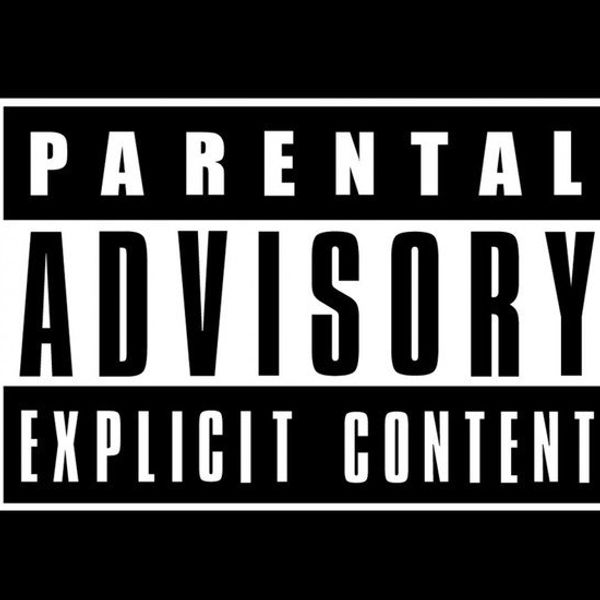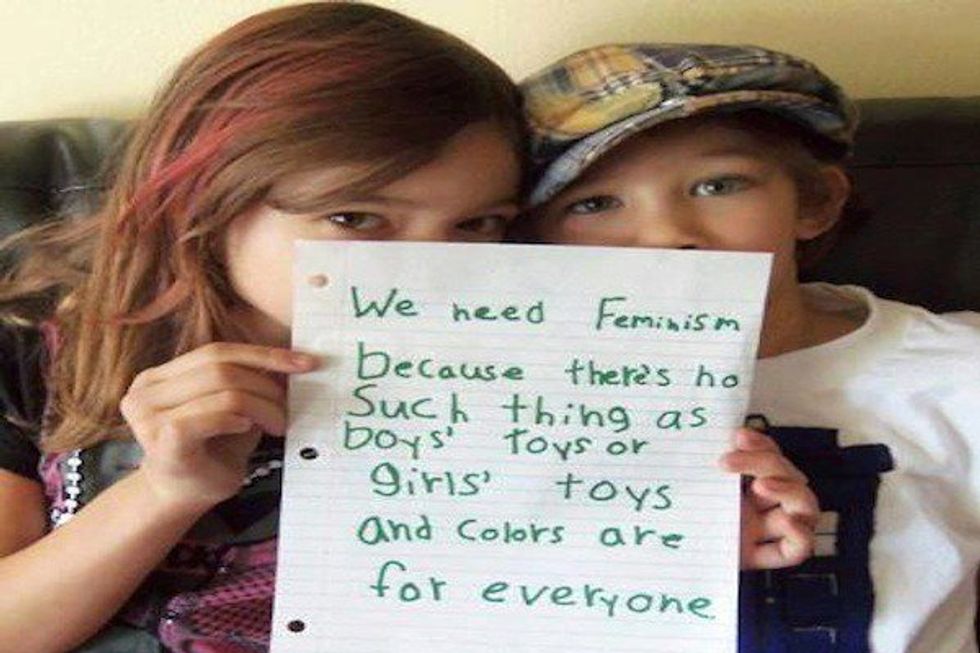A couple of months ago, I was watching one of my favorite television shows on Disney Channel called "Girl Meets World." The episode I was watching was about how a couple of girls in this science class were paired up with a couple of boys, and their teacher told all of his students they could divide the work however they wanted to. Most of the girls in the class wanted to do the least amount of work and the boys wanted to do the most. Furthermore, it was decided that the only part of the experiment the girls in the class would do would be to drop a marble in a beaker while the boys did everything else. Riley, one of the main characters, got tired of the girls in the class having a small role. She made a point that she loved science and thought it was unfair that she should have a small role because of her gender. At the end of the episode, the boy that was working with Riley wanted her to contribute more because he realized he couldn’t see how passionate she was about it. He was so focused on his stereotypical role of being a male in taking control and being dominant, that he never realized he was being unfair to her. The teacher then thanked Riley for speaking out, and for figuring out the true purpose of the experiment the students performed.
This episode evoked a feeling in me, that I never imagined ever feeling when I was watching Disney Channel while in elementary school. It made me think about how I viewed myself and other women around the world more than I ever could have imagined. It made me curious about feminism, and how educating young males and females, as the science teacher in this episode did, might impact the growth of the younger generations to come. This notion is what encouraged me to discover the idea behind why feminism is so important for the younger generation to grasp through teaching feminism to children repetitively as they grow.
Not too long after I was curious, I researched a ton of different websites between the topics elementary school students, feminism, and other countries and the link to all of these terms was the idea of how children should be educated into learning feminism no matter where they are in the world. I know feminism is something I was never really taught when I was a lot younger and I wish I had been because I might have had more of an opportunity, in doing so, to reach beyond what I was capable of like Riley in "Girls Meets World." I might have been more interested in football if I was not told my whole life its only a sport for boys, and that would have changed the way I would have seen equality more than just hearing about racism all of the time, because sexism is just as real, currently, as it was in times when women had lower standards than men. In countries, other than America, the issue of sexism is just as real. There are so many different examples of discrimination against females, that many people do not realize that how they might be treating women is ethically incorrect. Therefore, I believe its important for children to learn about feminism more in schools at a very young age, as well as continuing throughout the rest of the their education, because what children learn in elementary school is the base of the kind of learning that follows them throughout their lives and learning ways to go against discrimination of race and sex is something I believe should be exercised! It thrills me that at least one television show that children watch, and I still watch, has been able to see this issue and probably make a difference to other people as it has for me. It also thrilled me that the way feminism was taught in the episode was so creative that it was more enjoyable for younger viewers as it should be. There is not only one way to teach how discrimination is unethical so, in my opinion, saying there is no way to teach it is inexcusable. Feminism and discrimination can be taught from the smallest example to the biggest, and that is something not just teachers, but parents, should be able to recognize as well.





















